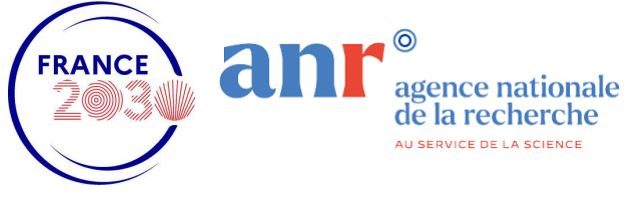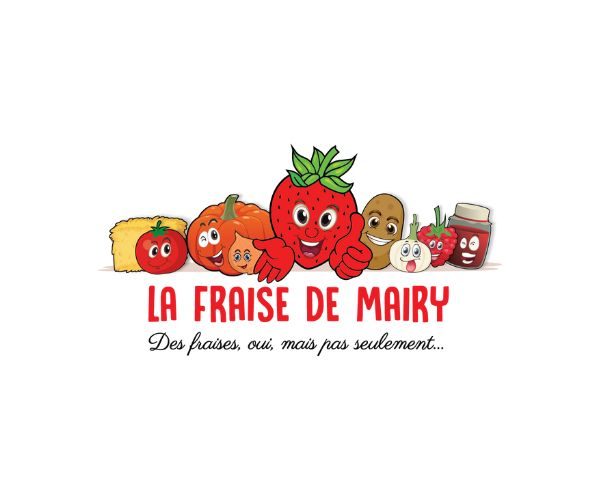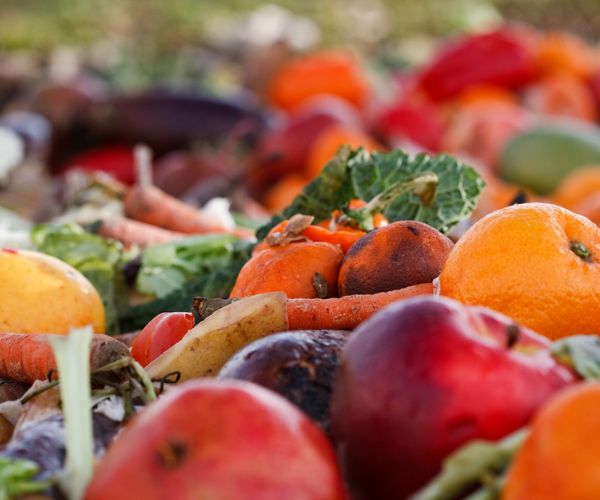Product and process development
Project JACK: promoting the adoption of pulses from consumers to farmers to chefs
24
Feb
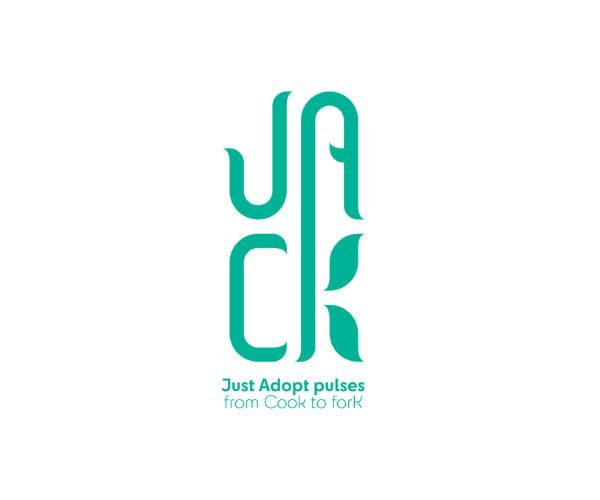
Published on: 24/02/2023
The JACK Project, led by ESA, aims to promote the adoption of pulses from consumers to farmers to chefs.
On January 16, 2023, the academic, technical and industrial partners of the JACK project gathered at the ESA in Angers for the official launch of 4 years of research into the gastronomic enhancement of dry vegetables, coupled with a better understanding of their agronomic, nutritional, functional, sensory and environmental qualities. Sixteen private and public partners, over fifty contributors including four PhD students, post-doctoral fellows, several hundred consumers and farmer networks will be mobilized throughout this project, financed by aid managed by the Agence Nationale de la Recherche under the France 2030 program.
Pulses, a source of vegetable protein, are under-consumed and under-produced in France. JACK aims to promote them from the plate to the farm, using an original gastronomic approach capable of magnifying products and enhancing their value in highly creative and innovative ways. This approach will enable consumers to enjoy multi-sensory experiences likely to bring about changes not only in terms of the image of pulses, but also in their behavior at home.
Similarly, the identification of different culinary techniques for adding value to pulses will enable us to measure the functional advantages of pulses, which are poorly understood. Indeed, their diversity has so far been little studied, and undesirable criteria such as anti-nutritional factors have been explored more than desirable functional properties, and more often to replace meat or dairy products. Similarly, the impact of agronomic and pedo-climatic factors on seed quality has received little attention. In parallel, an environmental assessment of production and processing will be developed.
JACK's ambition is to remove a number of obstacles: identify the levers for action to bring about a sustainable change in dietary behavior, measure the link between the quality of pulses and their culinary functionalities by identifying physico-chemical variables, identify the agronomic and varietal factors influencing culinary quality, quantify the environmental impact of production and processing, to maintain environmental benefits throughout the processing chain. The project will start with both the creation of innovative recipes by chefs and the field collection of a wide variety of samples of pulses with a known technical itinerary. The recipes will be simplified into model foods, used to assess culinarity, and, in parallel, developed and industrialized. New ingredient and product concepts will be co-designed with chefs and consumers. Several behavioral change factors will be tested in cohorts.
The ultimate aim is to add value to pulses through diversification, with a positive environmental impact. This project will contribute to the necessary transition to a healthier, more sustainable diet for our planet.
The 16 project partners are :
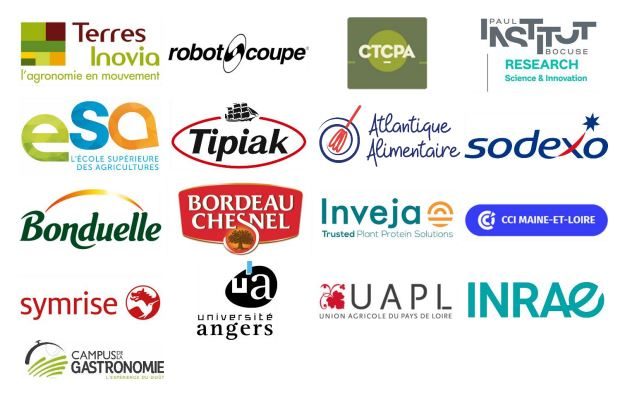
This work was supported by a French government grant managed by the Agence Nationale de la Recherche under the France 2030 program, under the reference "ANR-22-PLEG-0001".
